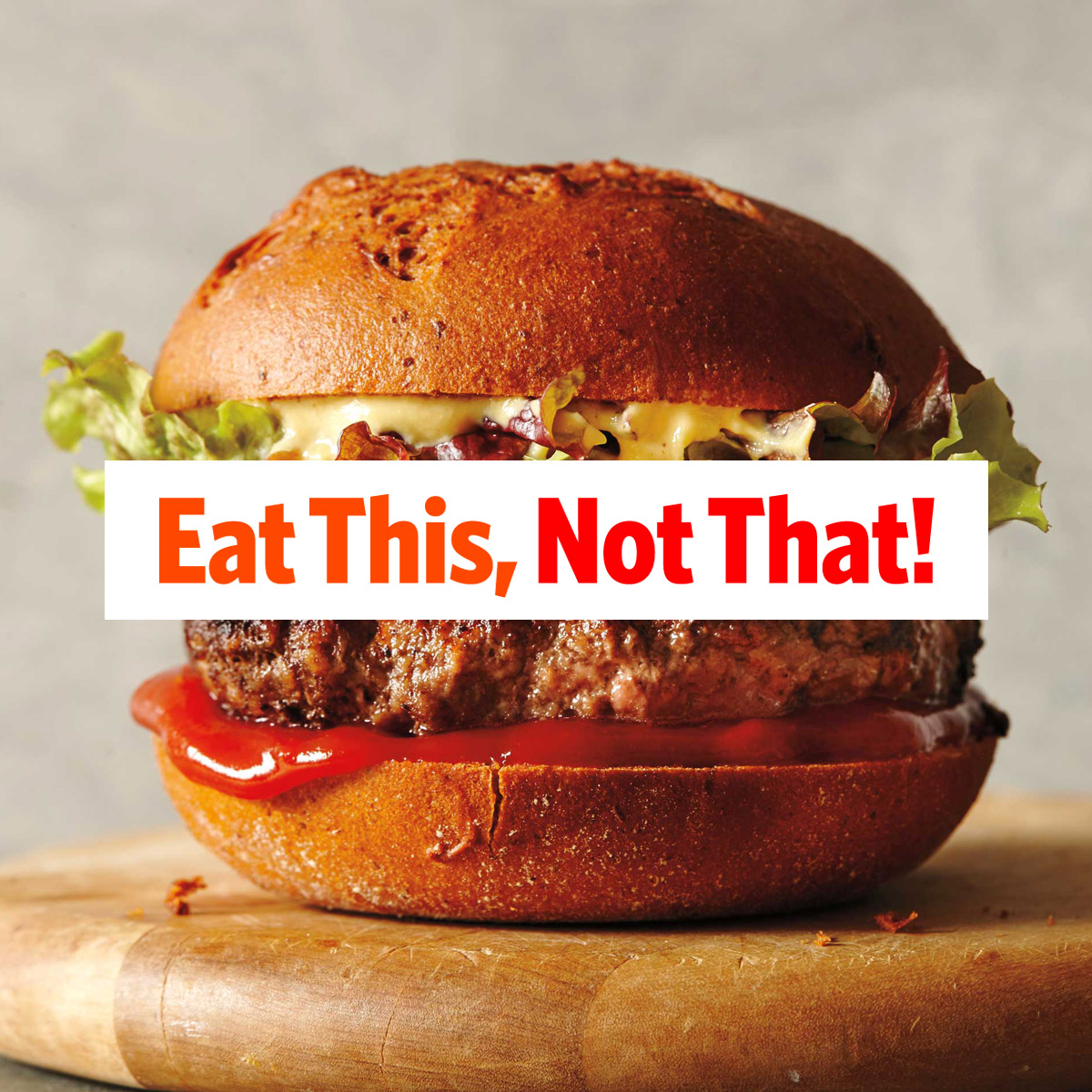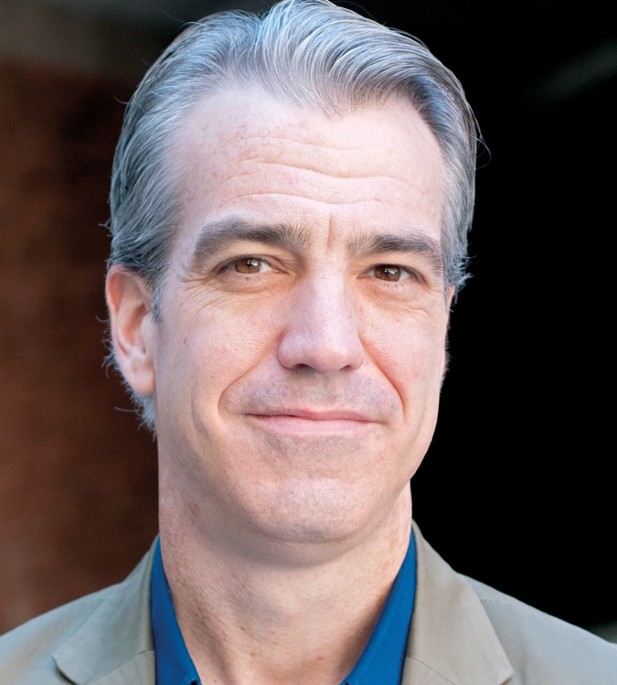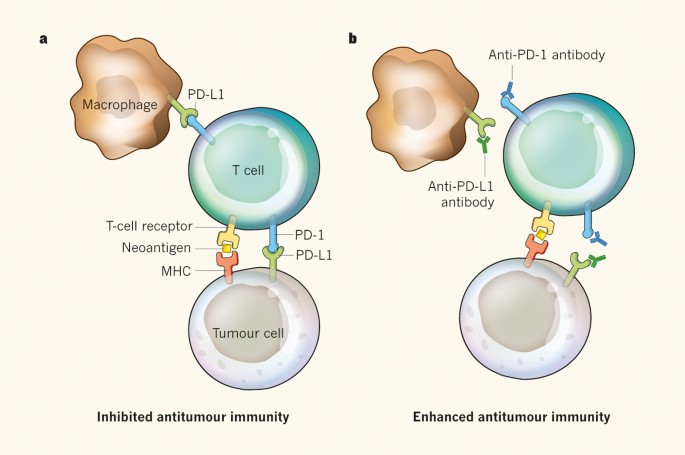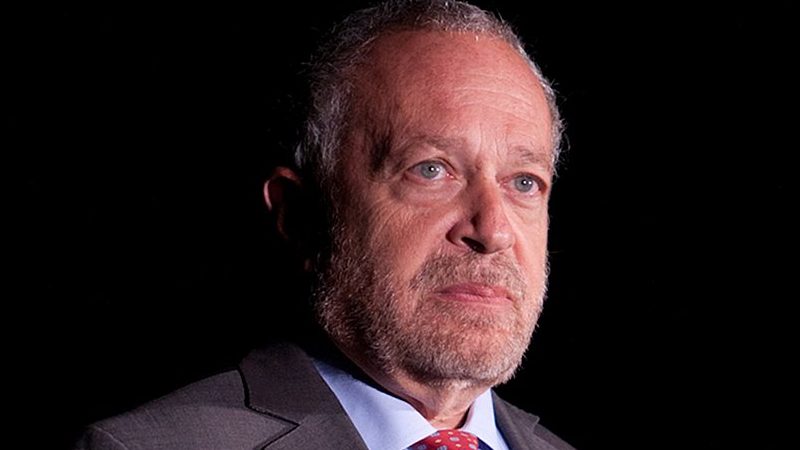
- Select a language for the TTS:
- UK English Female
- UK English Male
- US English Female
- US English Male
- Australian Female
- Australian Male
- Language selected: (auto detect) - EN
Play all audios:
A few days ago, I wrote a piece for _TheArticle _asking whether some of the most interesting and original analysis of the crisis in Israel and Gaza is coming from small websites, bloggers
and freelance journalists rather than hugely well-resourced media organisations like the BBC and Sky News. The reasons, I argued, were to do with political bias of various kinds: opposition
to Israel; trust in UN spokesmen or women and NGOs; an obsession with human interest stories rather than analysis, especially if those human interest stories involve Palestinian women and
children; and, finally, presenting the current conflict as one between Israel and Palestinians rather than between Israel and Hamas. Much has happened since then. Tragically, many more
people have died, especially Palestinians, there have been outbreaks of communal violence and the usual suspects have rubbed their hands in anguish without bringing the region any closer to
peace. But other things have remained the same. Above all, TV and radio news coverage continues to be biased against Israel. On the BBC News Channel last week Shaun Lay interviewed
Professor Omar Dajani, a legal adviser to the Palestinian negotiating team in peace talks with Israel, who later joined the office of the United Nations Special Coordinator for the Middle
East Peace Process (UNSCO). Dajani is a passionate spokesman for the Palestinian cause. At the end of the interview, Shaun Lay said, “Thank you so much for your analysis of the situation.”
What he should have said was, “Thank you for using your four minutes to spout pro-Hamas, anti-Israel propaganda, full of questionable assertions and allegations.” Of course, Lay didn’t and
nor indeed did he take on any of Professor Dajani’s allegations. On the BBC’s _Outside Source, _an interviewer asked a Palestinian about Hamas and the interviewee simply evaded the question
and started speaking about Israeli atrocities and “apartheid”. On _Newsnight _last week, the presenter asked a Palestinian spokeswoman who should represent the Palestinians at future peace
talks. Hamas, perhaps? Of course, she didn’t answer the question, changed the subject immediately and the presenter let it go. Balance on the BBC during this conflict has not meant robust
and rigorous questioning, but just making sure each programme has the same number of Israeli and Palestinian interviewees, who are then allowed to say more or less what they like. More
serious is the kind of bias we have seen on the main news programmes. On the Ten O’Clock News last week Jeremy Bowen showed a video clip of Israeli police (or security forces?) entering a
Palestinian apartment and a Palestinian family shouting and screaming. What was this supposed to represent? What were the Israelis actually doing and why were they there? Bowen didn’t say.
All he was interested in was the women screaming. That was the story. No context, no analysis, just lots of emotion. Later in his report, Bowen said, “Many Palestinians were killed.” What
was interesting was what he didn’t say. Who exactly was killed? How many were civilians and how many were from Hamas? Then he said, “Israeli reports say…” Again, what Bowen didn’t say was
“Palestinian reports say”. Their figures were quoted as true. But were they? He finished his report with a piece to camera: “This [conflict] has been building for years.” Yes and no. In the
new issue of _The Jewish Quarterly_, Ian Black, formerly of the_ Guardian_, has written a fine article on the Jaffa Riots of 1921, one hundred years ago. It all sounded very familiar. So,
yes, the conflict has been “building for years”. But the current context is crucial. Last year, several Arab countries signed the Abraham Accords with Israel. That is the context for the
current violence. Hamas urgently needed to stop peace from breaking out. This isn’t just some age-old conflict: it has a very particular set of current causes. On 15 May Jeremy Bowen tweeted
the names of seven Palestinians who had been killed by Israeli missiles. Has he or any other British TV reporter named any of the Israeli dead, including women and children? Or have they
mentioned in graphic detail the injuries suffered by Israeli victims, as Paul Adams (BBC) did that same morning morning, reporting on a Palestinian family terribly injured by an Israeli
bomb? Jeremy Bowen also recommended an article by Anshal Pfeffer from _Ha’aretz_ about whether current actions by the Israeli government can be reconciled with Jewish ethics. It was an
interesting article. But why should Bowen think that Jews haven’t been agonising over these issues for years? Mark Stone of Sky, Jeremy Bowen and Paul Adams from the BBC have all chosen to
report on scenes of violence and devastation. What they haven’t been so interested in are images of peaceful coexistence. Last week a group of Jews attacked a small ice cream business owned
by a Christian Arab. No one mentioned that one of his Jewish employees has been trying to raise money to help rebuild the Arab’s business. Noga Tarnopolsky posted a picture of Muslim and
Jewish neighbours getting together to clean up the mess left by rioters and Raphael Kairy posted a photo of Jews and Arabs in Jaffa cleaning up after the recent riots (see picture below).
Jake Wallis Simons posted this tweet: “Mansour Abbas, Israeli Arab politician who may be in next government, visits torched synagogues in Lod. ‘Islam is not like this and true Muslims are
not like these.’ ” There are voices of reconciliation and acts of kindness. They just don’t get reported. A MESSAGE FROM THEARTICLE _We are the only publication that’s committed to covering
every angle. We have an important contribution to make, one that’s needed now more than ever, and we need your help to continue publishing throughout the pandemic. So please, make a
donation._





:max_bytes(150000):strip_icc():focal(999x0:1001x2)/joe-biden-2-2000-13a86b3217144f468e532a447f670391.jpg)


